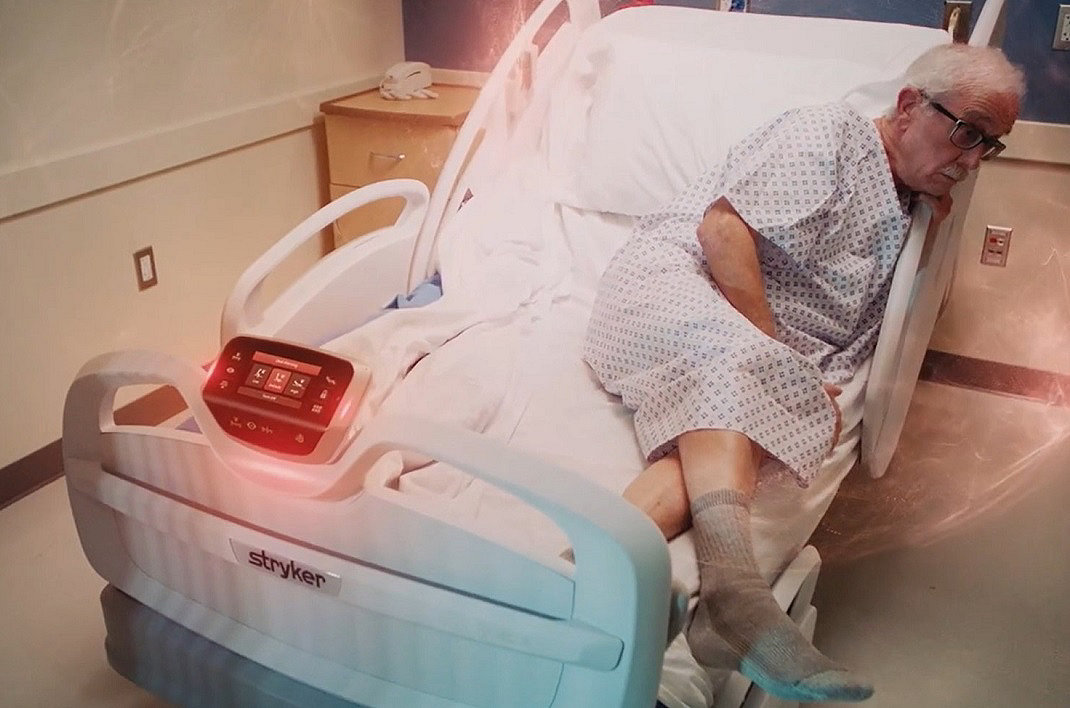Abstract: Quality Improvement Initiative Incorporates iBed Technology into Fall Prevention Bundle of Care
15-Feb-2024

Introduction
This clinical outcome story addresses the pressing concern of accidental falls in acute care settings, attributing them to multifaceted factors such as patient physiology, staff behavior and hospital environment. This piece discusses how regular safety audits were employed to bolster compliance with fall prevention strategies and foster a culture of safety.
Methods
Implemented in a 29-bed postsurgical unit, the initiative introduced rigorous interventions. Education encompassing written, oral and simulated instruction was provided to diverse stakeholders, including the nurse manager, professional nurse development practitioners, nurses, patient care technicians and unit secretaries. The focus was on instructing them in the proper use of bed technology as an integral component of the fall prevention bundle of care. Routine audits were conducted, facilitated by unit champions who underwent training in data collection. Spot audits further validated staff adherence and offered supplementary education as required.
Results
The quality initiative resulted in a successful No Falls Challenge, with 65 days with no falls and an 80 percent reduction in falls.
Key takeaways include the efficacy of safety audits in enhancing compliance, the role of unit leadership support, the importance of evidence-based education for team buy-in, and the value of consistent data collection methods through unit champions. Ultimately, the initiative enhanced the unit's culture of safety, emphasizing the vital role of comprehensive strategies in preventing falls and improving patient outcomes.
Stryker’s iBed technology emerged as a complementary layer of support, augmenting the hospital's fall prevention bundle of care. It aided in identifying high fall-risk patients and allowed staff to proactively adjust bed settings and alarms, serving as an early warning system.
Read the full outcomes story here.
M0000017980 REV AA

